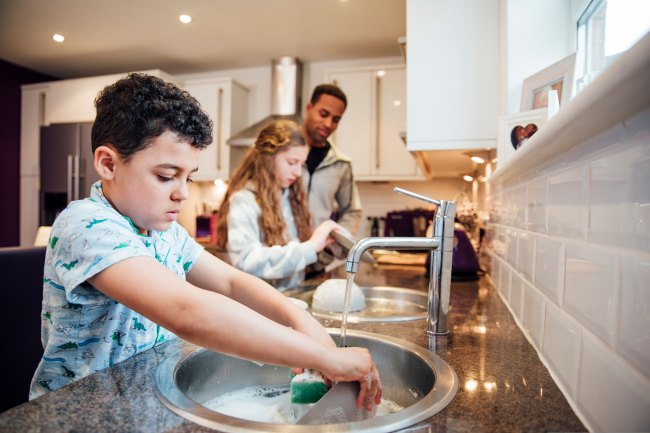Views
Wet wipe ban a step in the right direction.
This ban is a first step on a long road towards getting rid of blockages in our sewers and removing plastic from our waterways.
However, the Government should go further, and faster. Specifically:
1. Introduce a new regulatory standard for wet wipes to reduce the harm they cause, through changing their design and composition.
2. Accelerate the transition period for banning plastic containing wipes to 6 months.
3. Introduce mandatory ‘do not flush’ labelling on packaging and deliver on the promise made by Therese Coffey to tackle spurious claims of flushability.
A (long-awaited) welcome move
This announcement brings with it a sense of déjà vu. As campaigners have pointed out, this is not the first time these proposals have been put forward. And given this ban is now six years and five announcements in the making, the lack of ambition is disappointing. With a problem of this scale and impact, it’s hard not to feel like we could have seen more action, and much sooner.
The problem with sewer blockages is significant. Each year 2.5 million wet wipes are flushed down the loo, contributing to over 300,000 sewer blockages nationwide [i] - wet wipes are the main ingredient in those blockages. They congeal with fats, oils and greases, and cause ‘fatbergs’ which clog pipes, trigger storm overflow spills and put homes at risk of flooding from backed-up sewage. Flushed wipes also break down into harmful microplastics which have damaging effects on biodiversity and the health of our rivers and seas.
Each year the water industry spends £200 million clearing up fatbergs and blockages. Since the ban was first proposed in 2018, we’ve spent c.£1 billion. That is £1 billion which could have been spent building reservoirs or protecting wildlife. Instead, that cash has been used on pneumatic drills and high-pressure jetwashes to break up the fatbergs - just to keep sewers functioning .
Taking out the plastic from wipes won’t stop them congealing with fat and causing blockages. Wet wipes, even those claiming to be ‘flushable’, are not toilet paper. They don’t break down in the same way, and even if they are plastic-free, they can still block up the sewer.
How the Government should go further and faster on wipes
1. Introduce a new regulatory standard for wet wipes. We must ensure that everything possible is done to reduce wipes being flushed - and that, in parallel to information campaigns, wipes are made in such a way that they break down properly in the sewers (as some are likely to be flushed even if campaigns are stepped up). Removing plastic alone is not sufficient. Instead, existing best-practice design standards must be tightened up and repurposed to go much further than removing plastic alone.
2. Shorten the transition period for banning plastic containing wet wipes to six months. Wrapped up in today’s announcement is an 18-month transition period, where plastic wet wipes will continue to be sold. This would mean the ban coming into force eight years on from the original announcement. That’s assuming that they manage to pass it in the remainder of this parliament. Manufacturers are on notice. The Government could shorten the transition period to six months, which still leaves plenty of time for manufacturers to respond.
3. Introduce mandatory ‘do not flush’ labelling on packaging and deliver on the promise made by Therese Coffey to tackle spurious claims of flushability. This will reinforce the message about the correct route of disposal for wet wipes and provide clarity for consumers that these products cannot be flushed.
Changing consumer behaviour is also essential. Water UK is raising awareness of the dangers of flushing wipes. Our Bin the Wipe campaign encourages wet wipe users to dispose of them in the bin. We’re also building awareness of the negative impact of pouring fats, oils and grease down the sink.
While this ban is an important first step, there is still a way to go to ensure we are protecting our sewers from blockages, but more importantly, our rivers and seas, and the biodiversity that lives within them.
[i] Based on the Environmental Audit Committee’s report on Water Quality in Rivers, which found that 7 million wet wipes are flushed every day.




